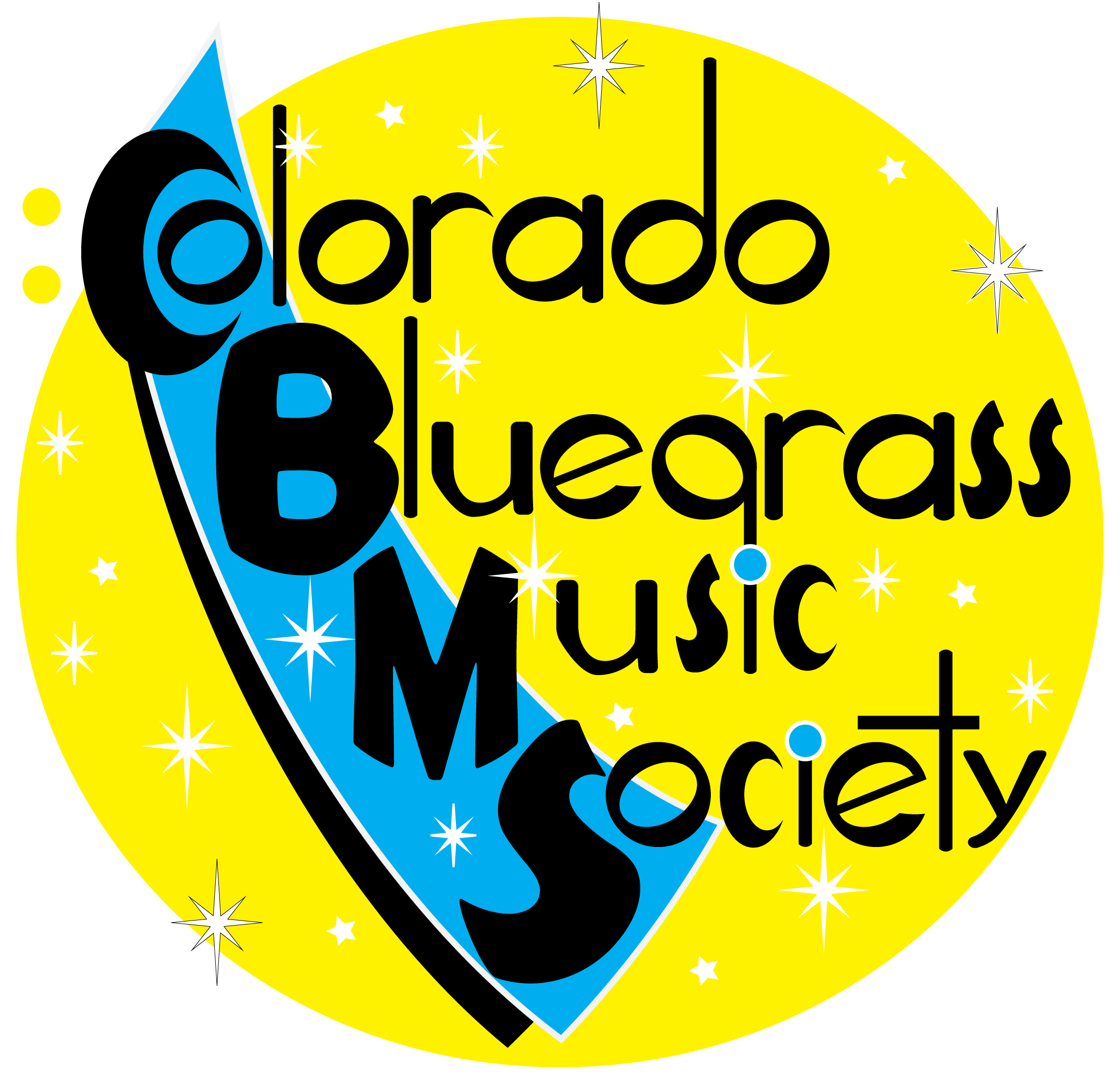The Golden Age of Bluegrass
Welcome to the golden age of bluegrass. Fans of the genre, like fans of baseball or football often like to debate what was the greatest era. I would suggest that we’re in the midst of the greatest era of bluegrass right now. The fact that you can hear such a wide variety of sounds at many bluegrass festivals, streaming or on the radio is a testament to the strength of the genre. Any musical or artistic genre that survives will, by nature, diversify. Remember that one hundred years ago the word “Jazz” meant the music that was played in New Orleans, what we now call “Dixieland Jazz”. No Bee-Bopp, no Fusion, Jazz-Rock or World Beat.
Same with Rock music, a genre approximately the same age as Bluegrass. As that genre grew you could find an amazing diversity of sounds all under that title. Remember record stores? In the Rock section you could find Simon and Garfunkel and Black Sabbath, Dylan and Led Zeppelin. Why? Because the genre moved people, it connected with people, it offered possibilities of expression. The Beatles weren’t trying to destroy rock music when they made Sgt. Pepper and the Punch Brothers were not up to anything nefarious when they played the closing set at RockyGrass last summer.
I believe we’re entering a phase in the history of bluegrass where the name means several things, often at the same time. It is a description of a particular sound dominated by acoustic instruments, improvised solos and vocal harmonies. That definition puts The Punch Brothers and The Price Sisters in the same category even though they may sound quite different.
Bluegrass is also a term that defines one’s musical home. Listening to the latest recordings from Molly Tuttle, Sierra Hull or Sam Bush, you can hear how far they’re taking the inspiration and stretching it into new territory - enough that you might classify the sounds as rock or pop music but the fact that they identify as bluegrass artists, to my mind, is an important distinction and makes a powerful statement.
If you want a great example of the diversity in bluegrass today look to The First Ladies of Bluegrass super group of Becky Buller, Alison Brown, Molly Tuttle, Sierra Hull and Missy Raines. If you listen to their latest solo recordings you’ll hear a powerful variety of sounds that fit into the wonderful genre of bluegrass. Bluegrass has always been a hybrid genre with elements borrowed from many traditions so it should be no surprise that has it has grown it has stayed true to it’s roots by becoming more diverse.
Colorado Bluegrass Music Society is dedicated to promoting bluegrass in all its incarnations, diversions and musical connections. You’ll likely hear acts that sound more like folk, others will have more of a rockabilly sound, some might be old style country and others may sound like Monroe circa 1946. Whatever the instrumentation or the sounds coming from the stage, I believe you’ll find the heart and soul of bluegrass in all of the shows.
